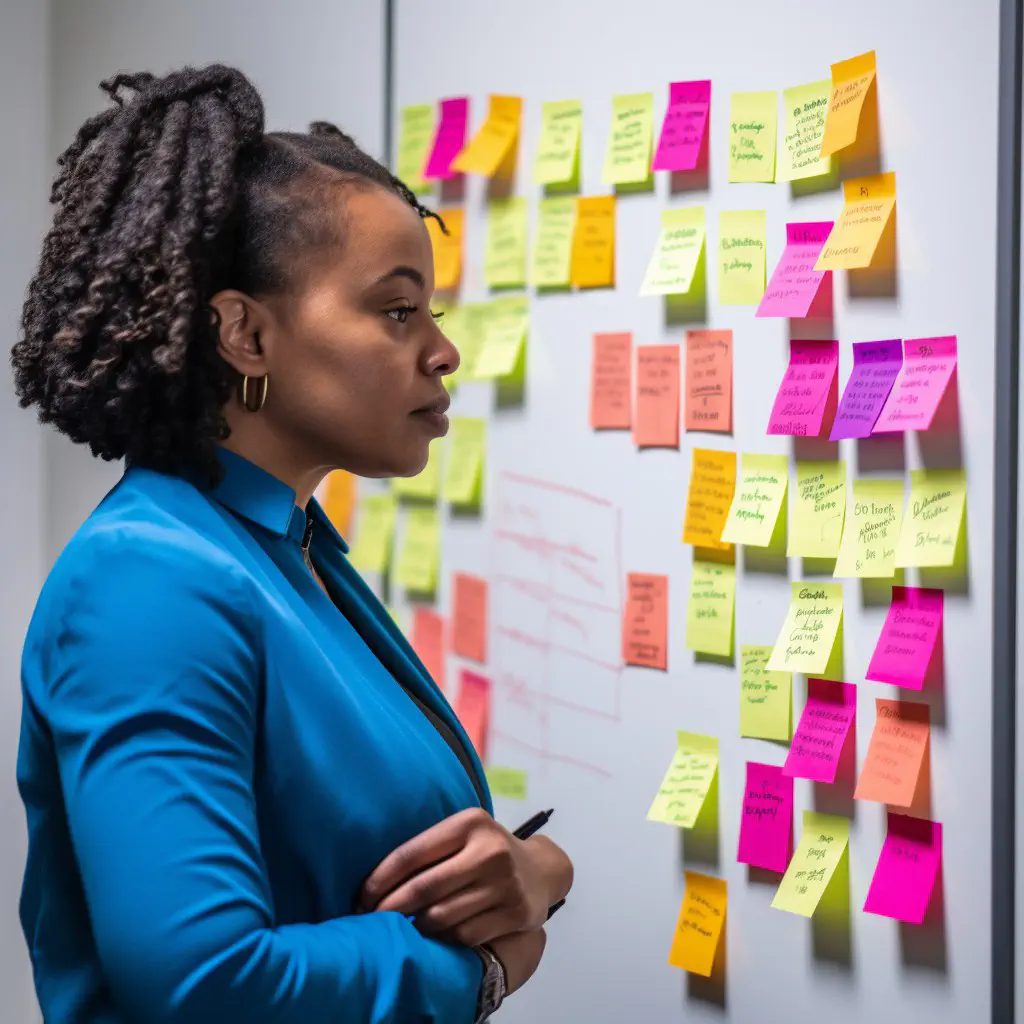
In today’s competitive world, having a wide range of skills is critical for personal and professional growth. Skill building involves developing new abilities or improving existing ones. It is essential to keep up with changing trends and innovations in your industry to remain relevant and add value to your professional and personal life.
Benefits of Skill Building
Below are some of the benefits of skill building:
1. Career Advancement
Upskilling or reskilling is one of the efficient ways to advance your career. By developing new skills, you become a more valuable employee and can take on more challenging and rewarding roles. In turn, this could lead to higher salaries and promotions.
2. Boosts Confidence
By building on your skills, you become more proficient in what you do, which can boost your confidence and make you more self-assured in personal and professional settings. Better self-esteem often leads to better decision-making and the courage to take on new challenges.
3. Enhances adaptability
The rapidly changing world means that new technologies and ways of working are constantly emerging. By adopting a lifelong learning approach, you can develop skills that are essential for staying up-to-date with industry developments and innovations. Moreover, with multiple skills in your arsenal, you become more adaptable to change in the workplace.
4. Increases Productivity
Skills development leads to improved productivity and efficiency, ultimately leading to higher output and more significant results. Engaging in continuous learning and development ensures that you remain knowledgeable about the latest tools, technologies, and processes, enabling you to perform your job better.
5. Personal Development
Learning is a critical aspect of personal development. By developing new skills, you can take on new hobbies, achieve personal goals, and improve on weaknesses. Learning keeps your mind agile and curious, ensuring you remain active and engaged.
How to Build and Develop New Skills
Here are some tips on how to build and develop new skills:
1. Assess Your Current Skill Set
Understanding your current skill set is crucial in deciding which new skills you should learn. Consider both hard and soft skills when evaluating your current expertise. This self-assessment could help you determine any weaknesses that you would want to improve.
2. Set Goals
Setting goals is an essential part of skill-building as it helps you stay focused and motivated. Set SMART goals for each skill you want to acquire, making them specific, measurable, achievable, relevant, and time-bound. This way, you can keep track of your progress and adjust your plans accordingly.
3. Engage in Continuous Learning
Continuous learning ensures that you stay up-to-date with emerging trends and developments in your industry. Attend training, conferences, and workshops regularly. Also, you can enroll in online courses to acquire new skills as they become relevant.
4. Practice Makes Perfect
Putting what you have learned into practice is crucial in developing your skills. Look for opportunities to put your new skills to use, both inside and outside the workplace.
Conclusion
Skill-building is critical for personal and professional growth. By developing new abilities or improving existing ones, you enhance your productivity, adaptability, and career prospects, leading to higher self-confidence and self-fulfillment. So, set some SMART goals, assess your current skillset, and engage in continuous learning to unlock your full potential.

